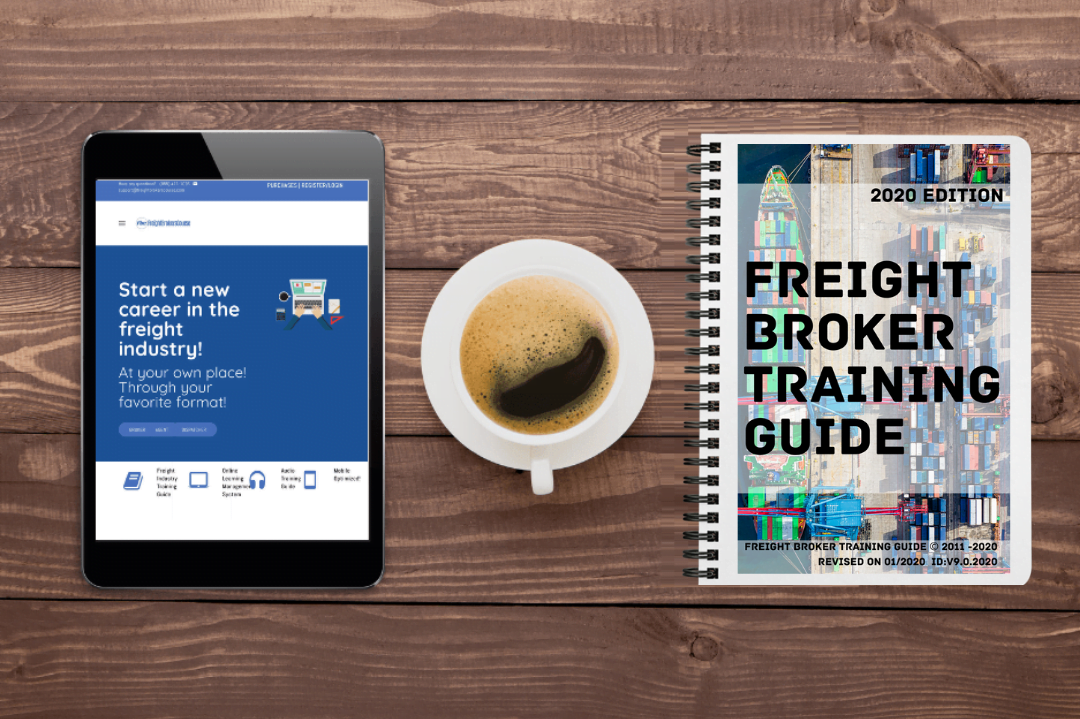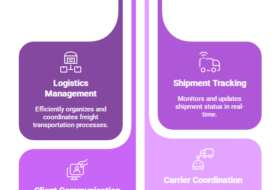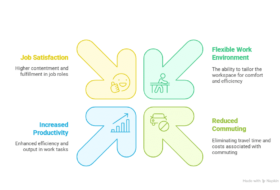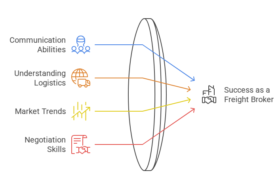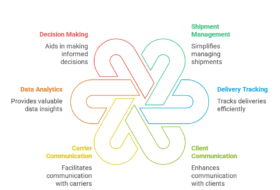1. Fill out the application.
You can find the right form on the FMCSA’s website. Keep in mind that there are three types.
- The Form OP-1 pertains to motor carriers, common or contracted, that transport household goods or other loads. The same form is valid for brokers and US-based enterprise carriers of international cargo, again involving household or other goods.
- The OP-1 (P) form is for common or contract motor carriers of passengers.
- The OP-1 (FF) form concerns freight forwarders of property except household goods and those carrying only household goods.
All application forms require a $300 registry fee, paid by credit card. One payment is acceptable for multiple fees.
2. Obtain your Motor Carrier (MC) or Freight Forwarder (FF) number.
It’s usually provided immediately when the application is filled out online. Also, there is a confirmation grant letter that will arrive via mail.
If you apply by mail, the whole process will take a much longer time, approximately 4 weeks. The MC and FF number will be used by insurance companies and process agents for filings on behalf of applicants and help them complete the application process.
3. Get Safely Through the Protest Period
When each company’s application is published in the FMCSA register, a 10-day protest period follows. During that time, anybody can file a protest with FMCSA providing evidence of why a company shouldn’t be issued a license.
4. Get Insurance
When the applicant receives the MC or FF number, an insurance company can file on their behalf all the necessary forms. The filing needs to happen within 90 days of the date FMCSA publishes the application in its registry. Otherwise, the federal agency will dismiss the application without returning the paid fee.
5. Choose a Process Agent
This is a representative of the carrier company who, in case of a legal action brought against a motor carrier, broker or freight forwarder, can receive court papers and act on behalf of the company. The license applicant must designate a process agent in every state in which they operate or maintain an office. If they have a physical office in any state, motor carriers can act as their own process agent.
6. The Final Step: Receive your certificate, permit, or license
When the protest period is through without any protests; freight forwarders receive a permit and the brokers get a license.
Other State Regulations and Requirements to Broker Freight
Along with all federal rules, applicants must comply with state regulations and procedures such as fuel tax, registration and more.
If your company intends to engage in expanded interstate operations, make sure you know the transportation regulations in every state in which you are planning to conduct business.
Source:https://cerasis.com/broker-freight/
STARTED FOR ONLY $99
www.freightbrokerscourse.com
15% OFF Packages above Basic.


